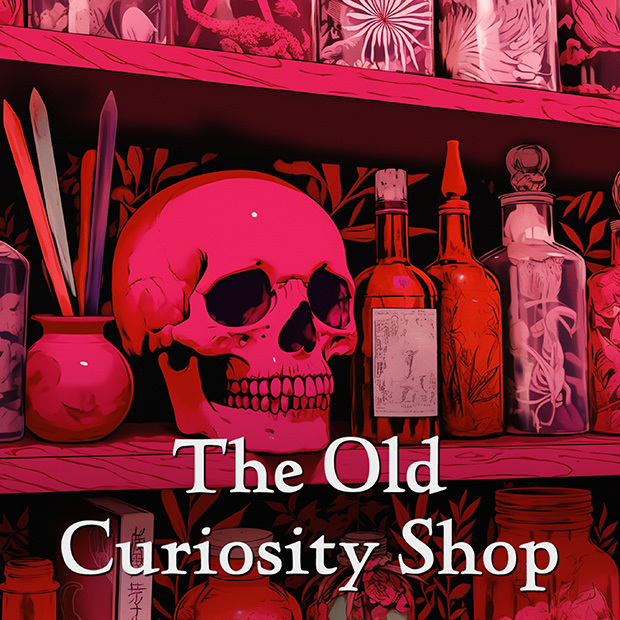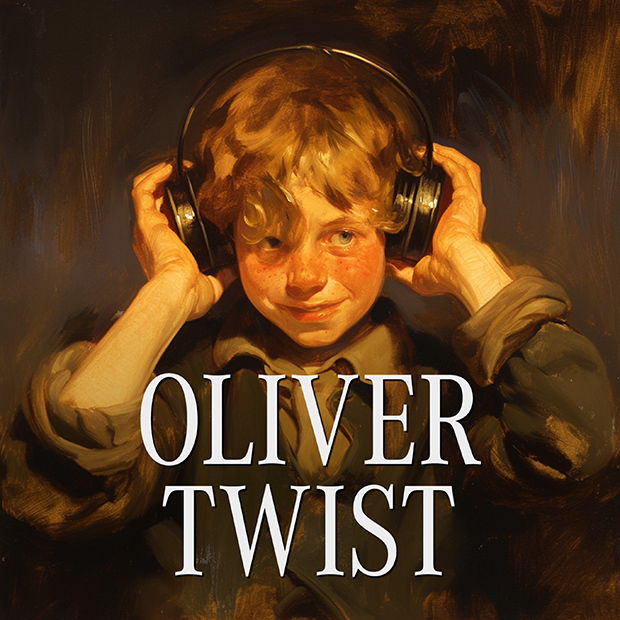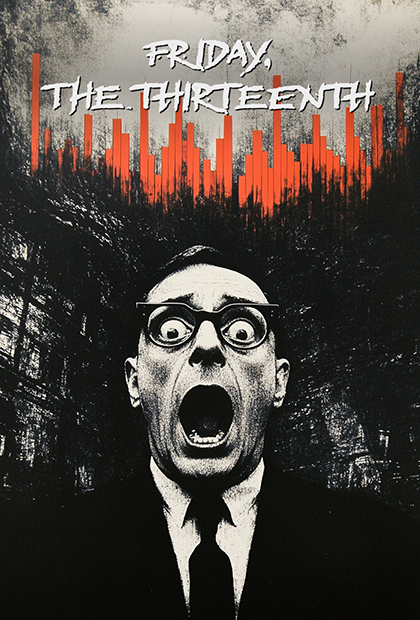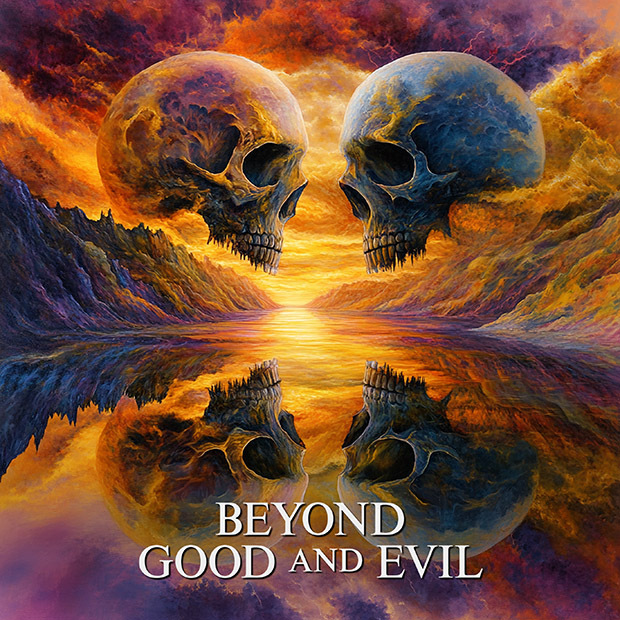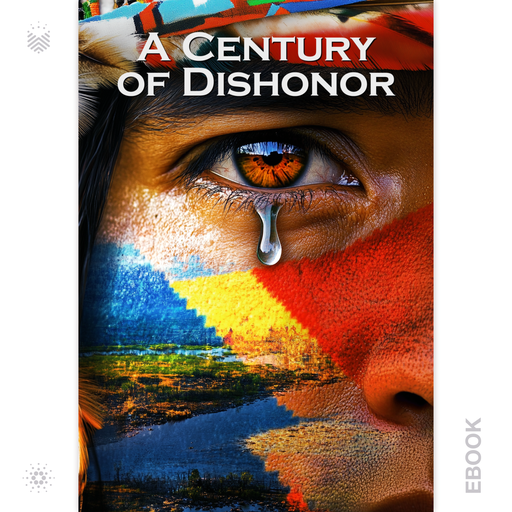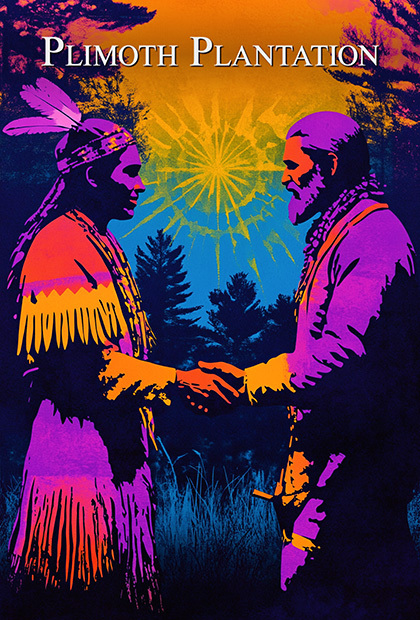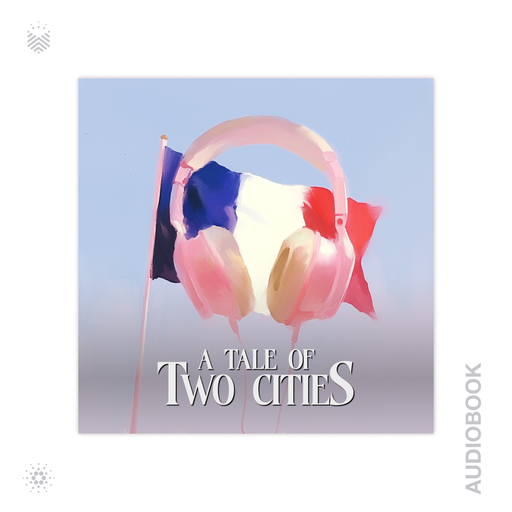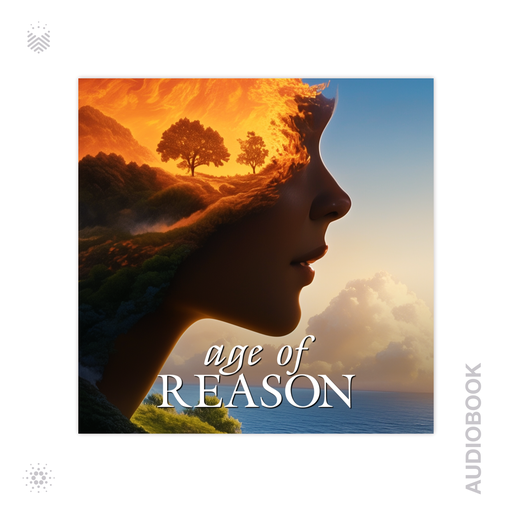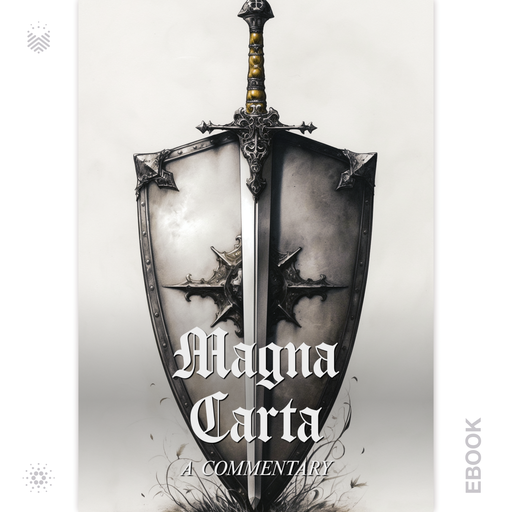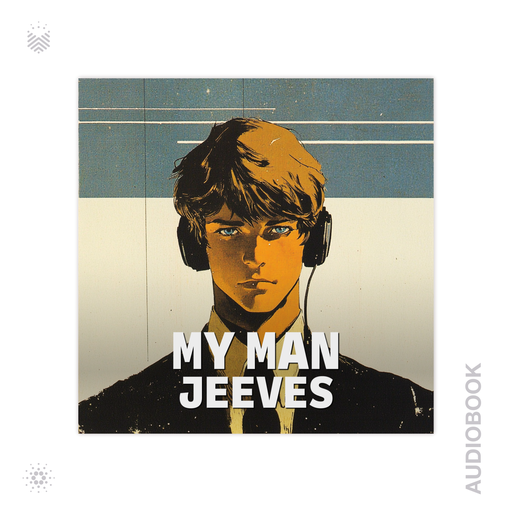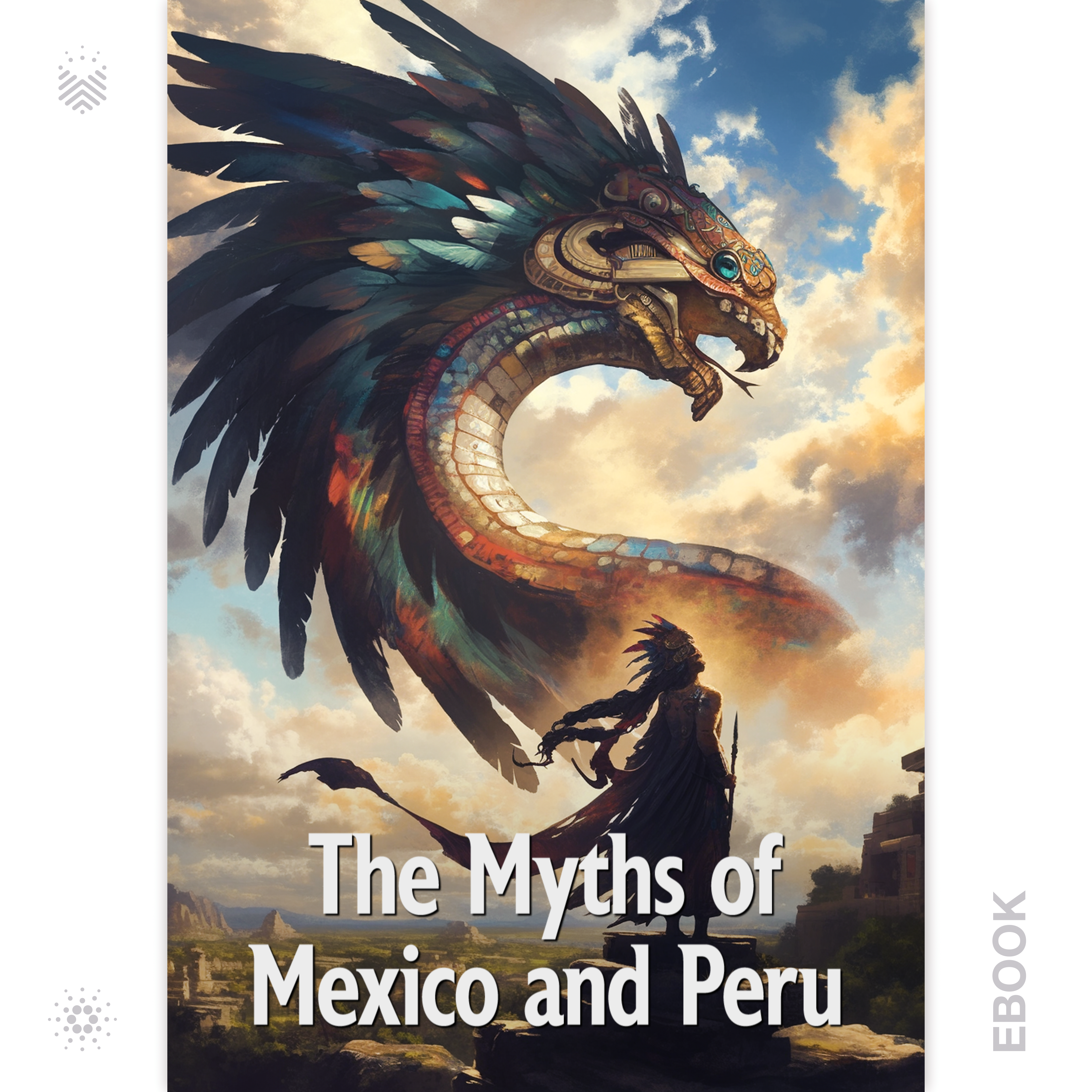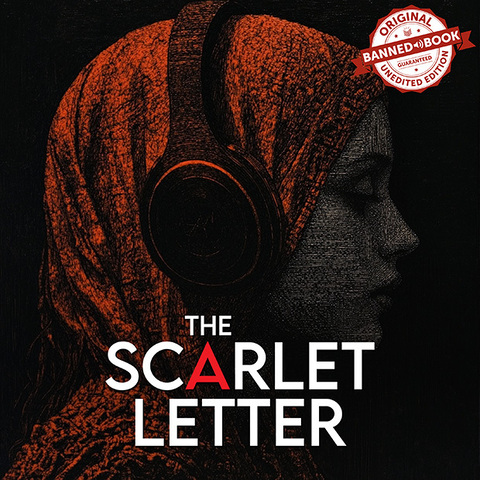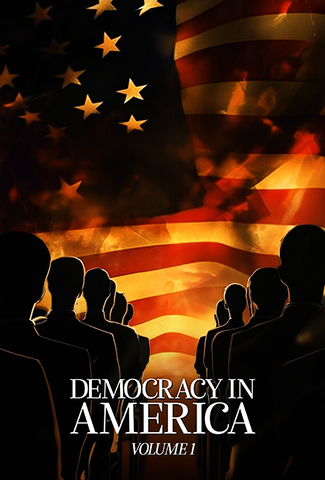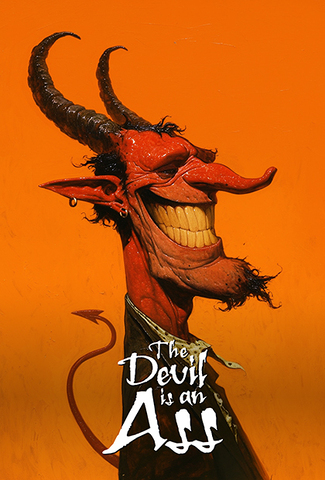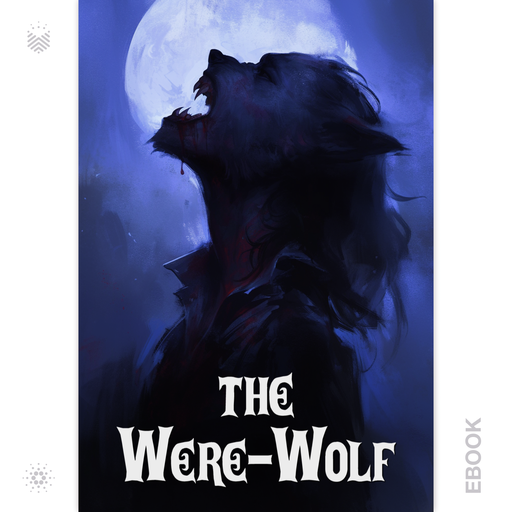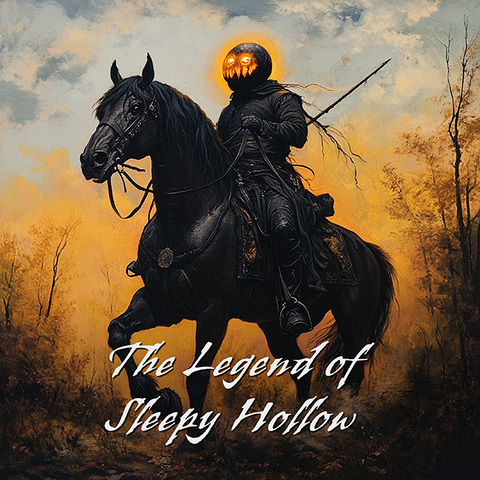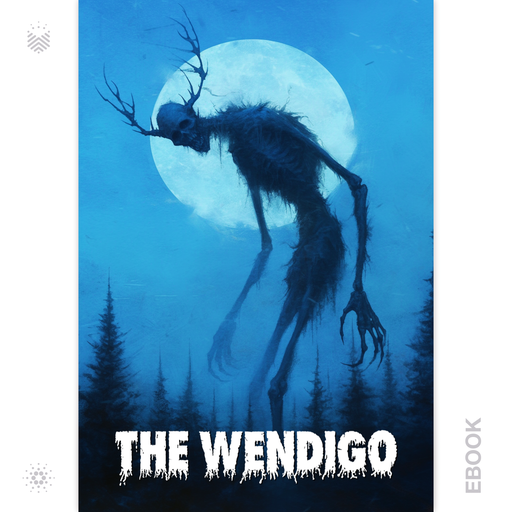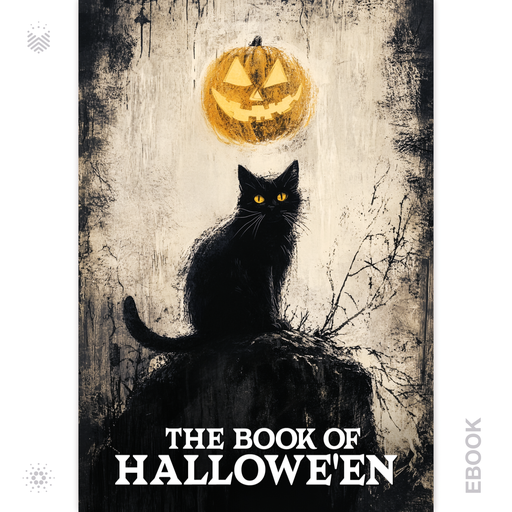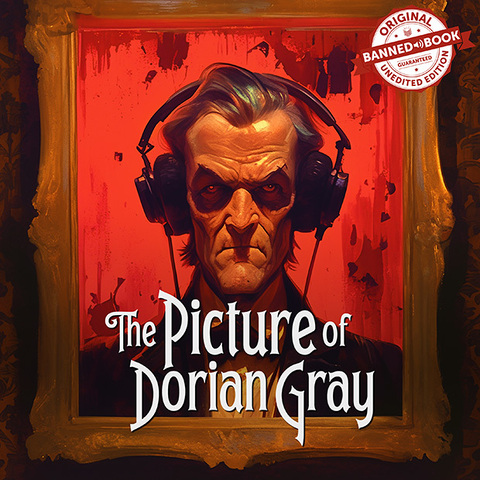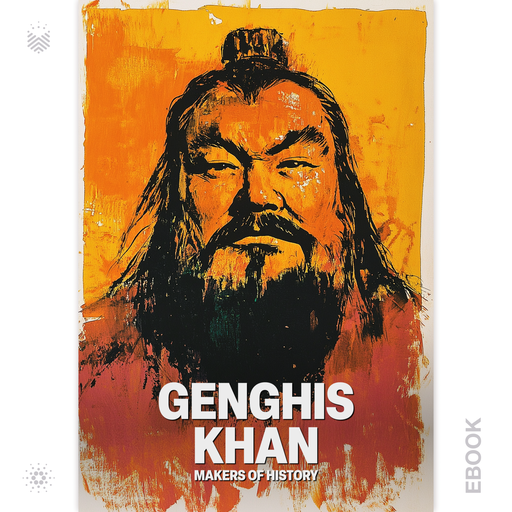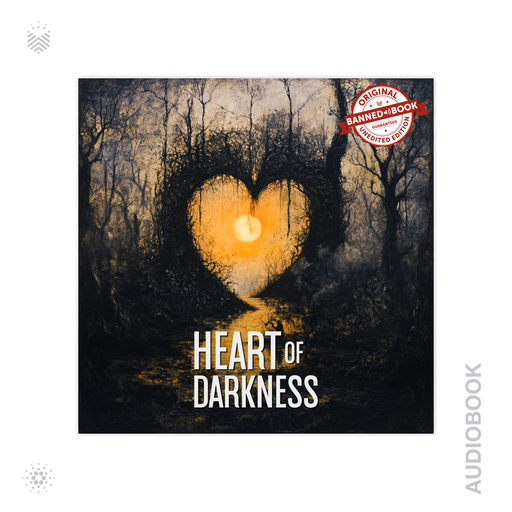by Charles Dickens
Step into the heartwarming yet heartrending world of The Old Curiosity Shop, where Dickens masterfully weaves a tale of resilience, love, and human frailty.
Read More
by Charles Dickens
Dive into the intricate world of Bleak House, a masterful novel by Charles Dickens that blends mystery, satire, and social commentary.
Read More
by Charles Dickens
Oliver Twist is a novel by Charles Dickens, first published in serial form between 1837 and 1839. It is a social critique wrapped in a compelling narrative about the life of a young orphan named Oliver Twist. The story explores themes of poverty, child labor, crime, and the struggle between good and evil in Victorian England.
Read More
by Thomas W. Lawson
Friday, the Thirteenth by Thomas W. Lawson delivers a captivating tale where ambition, superstition, and high-stakes finance collide in unexpected ways.
Read More
by Friedrich Nietzsche
Beyond Good and Evil challenges conventional notions of morality and truth, diving into the complexities of human existence, power dynamics, and individual freedom. Nietzsche confronts philosophical dogmas and societal constructs with boldness, inspiring readers to question the very foundation of their beliefs.
Read More
by Helen Hunt Jackson
Helen Hunt Jackson’s A Century of Dishonor stands as a powerful indictment of the U.S. government’s mistreatment of Native American tribes. With unwavering resolve, Jackson exposes the injustices faced by Indigenous peoples, urging readers to confront the moral consequences of broken treaties and systemic oppression.
Read More
by William Bradford
William Bradford’s Plimoth Plantation is a foundational text of American history, offering an unparalleled glimpse into the struggles, faith, and perseverance of the Pilgrims.
Read More
by Charles Dickens
Set against the turmoil of the French Revolution, A Tale of Two Cities delivers a gripping tale of love, sacrifice, and redemption. Dickens captures the human drama of two cities—London and Paris—as they navigate a world in upheaval.
Read More
by Thomas Paine
The Age of Reason by Thomas Paine grabs readers with a bold proposition: can faith be reconciled with logic and reason, or must it be confined to blind tradition? Paine, a staunch advocate for deism, launches a thorough critique of organized religion, arguing that belief in God should come from reasoned thought and observation of nature, not from ancient scriptures or church doctrines.
Read More
by William Sharp McKechnie
Magna Carta: A Commentary on the Great Charter of King John offers readers a deep and detailed examination of one of the most pivotal documents in history. McKechnie’s work brings the Magna Carta to life, exploring its legal implications, historical context, and lasting influence on democratic principles worldwide.
Read More
by P.G. Wodehouse
My Man Jeeves transports readers into the delightful world of Bertie Wooster and his brilliant valet, Jeeves, whose unparalleled wit and resourcefulness ensure that every predicament meets a clever solution. Wodehouse’s effortless humor and charm shine in this beloved collection of stories that showcase the duo’s unique dynamic in hilarious and unpredictable situations.
Read More
by Lewis Spence
“The Myths of Mexico & Peru” by Lewis Spence is a historical account written in the early 20th century. The work explores the rich mythologies and civilizations of ancient Mexico and Peru, offering insights into their art, culture, and belief systems. It delves into the intricate narratives that defined these cultures, touching upon their gods, rituals, and the historical contexts surrounding their civilizations. The opening of the text sets the stage for an exploration of Mexica… Read More
by Nathaniel Hawthorne
The Scarlet Letter by Nathaniel Hawthorne, first published in 1850, is a classic work of American literature that delves into themes of sin, guilt, and redemption. Set in 17th-century Puritan Massachusetts, the novel follows Hester Prynne, a woman who bears an illegitimate child and is condemned to wear a scarlet letter “A” (for “adulteress”) on her chest as a mark of shame.
… Read More
by Alexis de Tocqueville
With remarkable insight and foresight, Democracy in America — Volume 1 by Alexis de Tocqueville examines the young United States, offering timeless reflections on democracy’s strengths and challenges. Published in 1835, this classic explores American society, political systems, and the values that underpin democracy, capturing Tocqueville’s observations during his travels through the country.
… Read More
by Ida Husted Harper
In a stirring tribute to one of America’s most tenacious activists, The Life and Work of Susan B. Anthony by Ida Husted Harper chronicles the relentless dedication of Susan B. Anthony to women’s rights and social reform. Harper’s detailed account brings Anthony’s lifelong fight for equality to vivid life, capturing the spirit of the movement she led.
Read More
by Ben Jonson
In a witty and provocative exploration of morality and human folly, The Devil is an Ass by Ben Jonson invites readers into a world where vice and virtue clash, revealing the absurdities of societal norms and the complexities of human nature. This satirical comedy, first performed in 1616, cleverly intertwines themes of ambition, deception, and the supernatural, challenging audiences to reflect on the true nature of good and evil.
… Read More
by Clemence Housman
The Were-Wolf tells the haunting story of a mysterious, seductive woman named White Fell, who enters a remote village and soon reveals her deadly nature as a werewolf. The story explores themes of desire, duality, and sacrifice, examining the tension between human and animalistic impulses. Clemence Housman, one of the few female writers in Gothic literature of that time, infuses the novella with vivid symbolism and feminist undertones, making it a unique and intriguing read for fans of supernatu… Read More
by Washington Irving
In the shadowy town of Sleepy Hollow, where whispers of the supernatural haunt every corner, a dark legend stirs fear and fascination. The Legend of Sleepy Hollow by Washington Irving unfolds in this eerie setting, a place defined by ghostly apparitions and lingering superstitions.
Read More
by Algernon Blackwood
In the desolate wilds of Canada, where the silence holds ancient secrets, a chilling legend of terror waits to awaken. The Wendigo by Algernon Blackwood explores the haunting tale of a malevolent spirit that preys on the unsuspecting, drawing readers into a relentless atmosphere of fear and dread.
Read More
by Ruth Edna Kelley
In the shadow of flickering jack-o’-lanterns and swirling autumn leaves, The Book of Hallowe’en by Ruth Edna Kelley invites readers into the rich tapestry of Halloween’s history and traditions, revealing the enchanting origins behind the eerie festivities.
Read More
by Friedrich Nietzsche
Thus Spake Zarathustra translated from Thus Spoke Zarathustra is a philosophical novel written by the German philosopher Friedrich Nietzsche, published in four parts between 1883 and 1885. It is written in the form of a prose poem and is considered one of Nietzsche’s most significant and challenging works.
Read More
by Oscar Wilde
The Picture of Dorian Gray by Oscar Wilde is a haunting exploration of vanity, moral decay, and the pursuit of eternal youth. The novel follows the charming and handsome Dorian Gray, who, after a fateful wish, remains eternally youthful while a portrait of him bears the marks of his sins and corruption. As Dorian delves deeper into a life of indulgence and depravity, Wilde masterfully exposes the darkness lurking beneath society’s obsession with beauty, revealing the high cost of living a life… Read More
by Jacob Abbott
Jacob Abbott’s Genghis Khan presents an engaging portrait of one of history’s most enigmatic and influential figures. Through Abbott’s vivid storytelling, readers journey into the life of Genghis Khan, a man who rose from humble beginnings to unite the Mongol tribes and establish one of the largest empires in history. Abbott’s narrative captivates with its blend of historical facts and dramatic elements, making Genghis Khan’s story both informative and entertaining.
… Read More
by Joseph Conrad
Joseph Conrad’s Heart of Darkness, first published in 1899, remains one of the most powerful and haunting explorations of human nature and colonialism. The novella takes readers on a journey into the depths of the African Congo, where the line between civilization and savagery blurs in disturbing ways.
Read More

